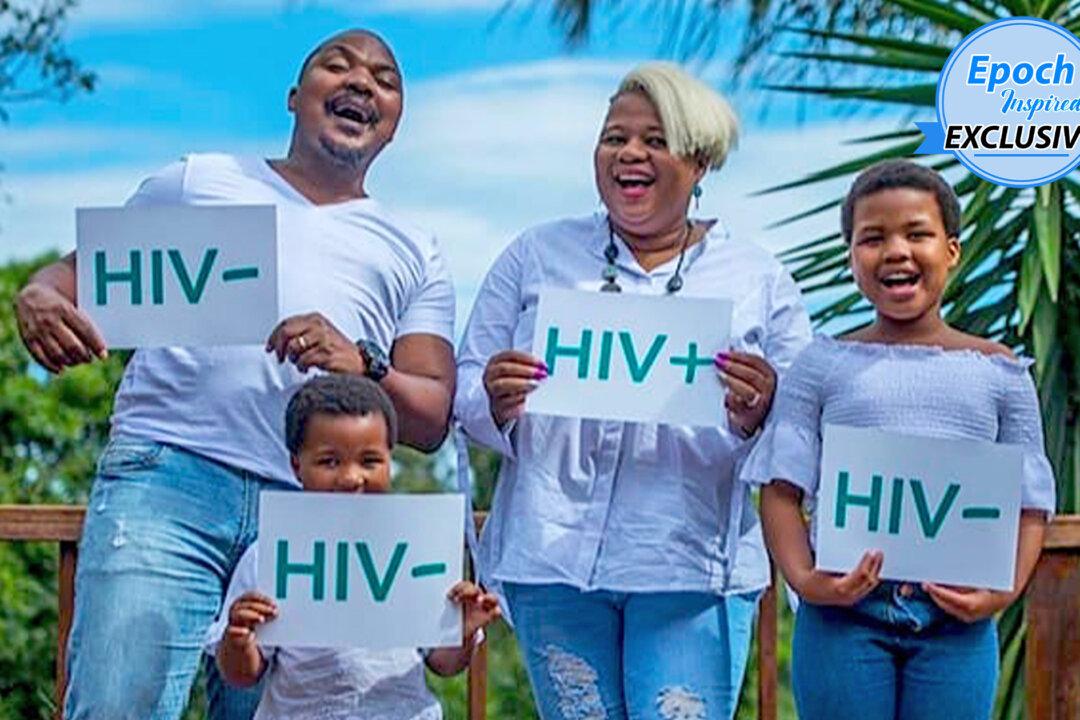Having endured the trauma of child labor and dating older men to raise her siblings, a HIV-positive woman now wants others to know that unconditional love, acceptance, and family are dreams within reach for anyone living with the same crippling diagnosis as hers.
Mandisa Dukashe and her husband, Siyabulela Dukashe, from Gauteng Province, South Africa, share two young daughters and one child each from previous relationships.





